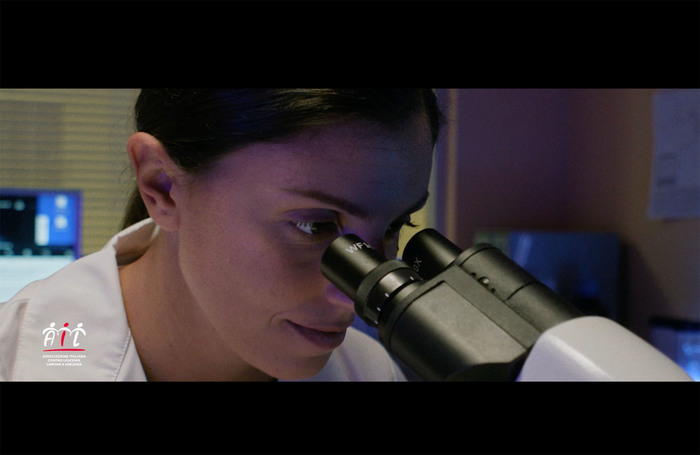Research against blood cancer has in Castilla the doctor recognized as the best world specialist in the search for treatments and cures for myeloma, as this condition is known in the health field.
María Victoria Mateos, a 52-year-old from Zamora from the Salamanca University Assistance Complex, has been awarded as the best clinical myeloma researcher in the world, an award given in Los Angeles (United States) by the International Myeloma Society during its annual meeting.
The winner of the recognition, still overwhelmed by the honor that it entails, also chairs the Spanish Society of Hematology and Hemotherapy and directs innovative therapies at the Salamanca hospital.
The doctor avoids attributing the award to herself and asks for recognition for the hospital's human team and its patient care service, a "work of the Spanish group" that has received this international accolade.
Mateos points out that the condition that she has been studying since 2000, when she finished her training and was preparing her doctoral thesis, consists of a blood cancer that is the second most frequent disease, in hematological matters, after lymphoma.
This ailment is being treated successfully thanks to the advances of which the charro specialist is proud: "About 20 years ago, there was hardly any treatment and in a short time it became fatal in need, in recent years it has been possible to know the disease and discover new drugs.
Considered the best global researcher on myeloma, she states that, after enrolling in Medicine in Salamanca, she studied and focused on the specialty of hematology before starting a thesis on this blood cancer.
The century began and while she was increasing knowledge and pages of her thesis, the laboratories discovered useful drugs for this issue and some tests that allowed her to do "clinical research" on which she has based her subsequent professional and health development. .
Mateos points out that these advances have resulted in more and more patients being diagnosed with myeloma.
This means her, she details her,
that in his consultation there are people who have been detected with this condition a long time ago and who have managed to resist it for a much longer period than would have been possible not so many years ago thanks to the evolution of drugs and research to which he alludes so much.
“It is positive because there are new and old patients, so we appreciate that what we do is valuable, we are offering quality of life and quantity of life”, celebrates the health worker, who praises the new immunotherapy strategies and those innovative treatments that act against cells of the tumor without the user's body suffering, because "they are very well tolerated".
The disease on which she has specialized, maintains the woman from Salamanca, has a "constant incidence" of about four cases per 100,000 inhabitants per year and is detected in about 2,000 cases per year.
Early diagnoses are making it possible to verify "premalignant situations on the rise", since these routine analyzes become essential to tackle this cancer and that a monitoring program can be entered to guarantee good care for users.
Mateos insists that the arrival of effective treatments requires more budgets, for which he makes an appeal in which the private sector receives specific weight through patronage: “The International Myeloma Society has an American foundation that donates millions of euros annually dedicated to research grants.
The international experience of this doctor allows her to ensure that "the pandemic has shown that we have very good healthcare when the public system is compared with other countries, we are lucky."
She, on her international trips, is asked if these treatments that are dispensed to those affected are free, regardless of the recipient's social or economic status, something to which she answers affirmatively to the surprise of the interlocutor.
“There is more and more innovation in cancer and in all diseases.
It costs a lot of money and agreements must be established with pharmaceutical companies so that this great advantage of our health system is not lost," warns Dr. Mateos, who believes that Spanish Health can ally with pharmaceutical companies to maintain that free benefit from which it benefits the citizenship.
The main challenge facing the health sector, says Mateos, lies in the "delay" with which drugs discovered by laboratories or researchers reach users.
The pandemic, she admits, has slowed down these processes, but now that the coronavirus has subsided, she calls for the speeding up of procedures that benefit thousands of patients.
The award that she has obtained, she assures her, should also serve to recognize equality in female access to research.
“Many times we ourselves have to encourage other women to investigate and not put it in the background.
It is a worthwhile sacrifice and women can generate a lot of knowledge”, says the doctor, who thus encourages all women “incorporated into medicine”,
You can follow
EL PAÍS Salud y Bienestar
on
,
and
.





/cloudfront-eu-central-1.images.arcpublishing.com/prisa/ZYVWPUV4FBG5ZNEQFUECW6PXNM.jpg)


